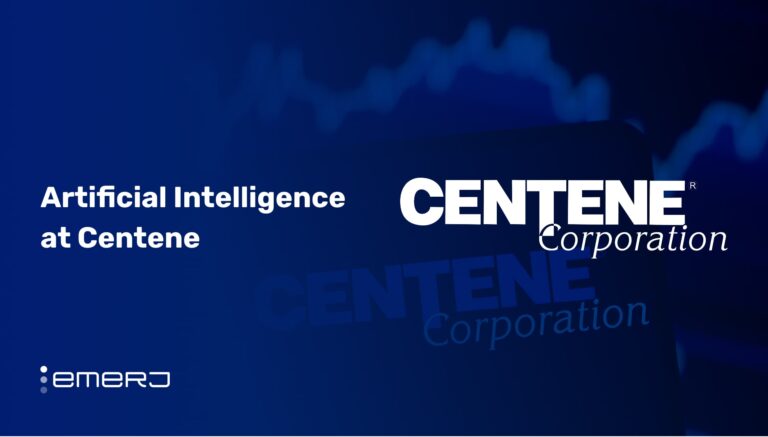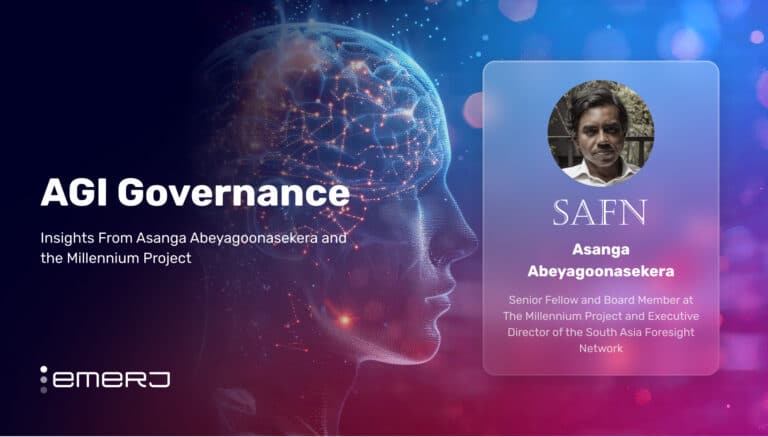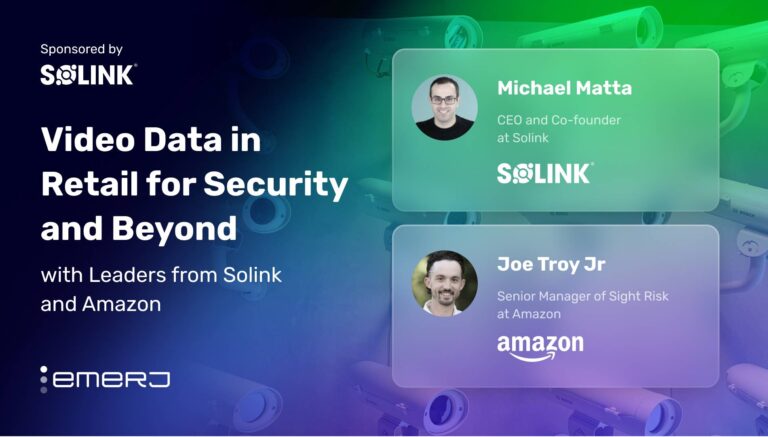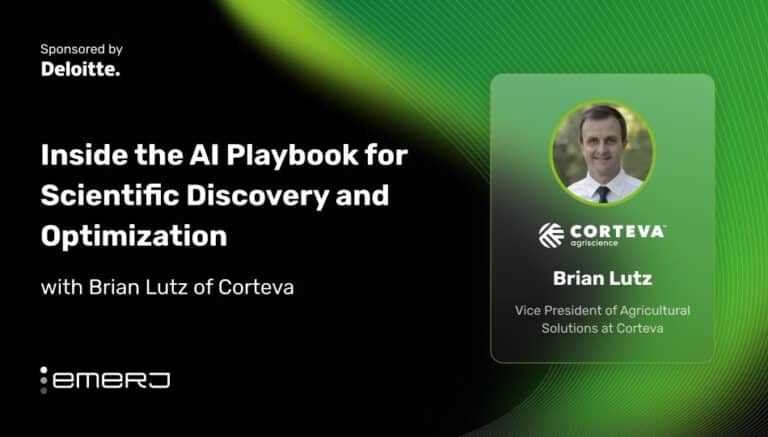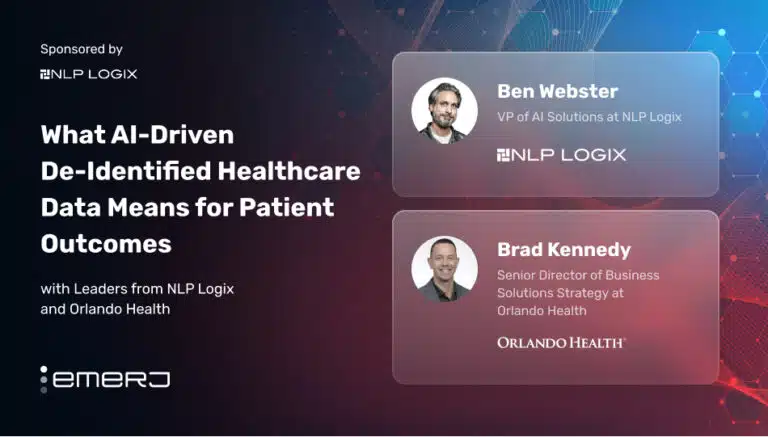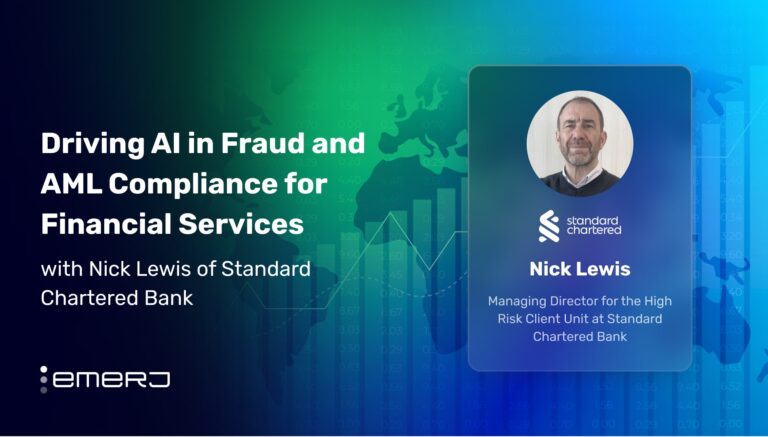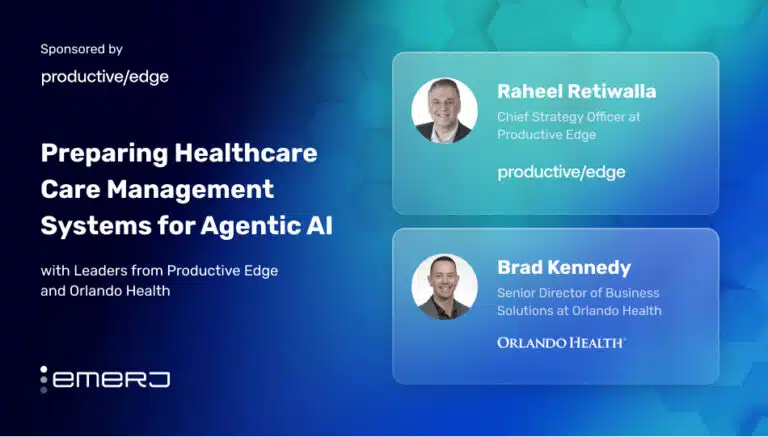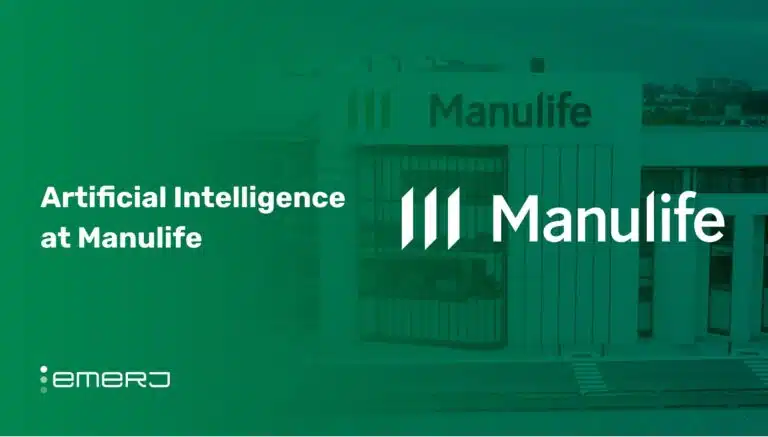Episode Summary: Sales is a big part of any sort of B2B firm. We speak this week with Micha Breakstone, co-founder of Chorus.ai. He holds a PhD in Cognitive Sciences from the Hebrew University in Jerusalem, and prior to starting his own company, he studied for a few years at MIT and was working on natural language processing at Intel.
He speaks with us about where AI, specifically natural language processing, is being applied to sales, answering questions such as:
- How can managers better train salespeople?
- How can salespeople better find the patterns that lead to closing a deal?
- The next appointment?
- A bigger contract?
This is a nascent domain. There are very few companies are actively leveraging artificial intelligence in their sales process, but in the two years ahead we’ll likely see more and more firms who are.
Subscribe to our AI in Industry Podcast with your favorite podcast service:
Guest: Micha Breakstone, co-founder – Chorus.ai
Expertise: Natural language processing, computational linguistics
Brief Recognition: Breakstone holds a PhD in Cognitive Sciences. Previously, he was the Vice President, R&D, PA Platform at Ginger Software and Manager of the Statistical NLP group at Intel. He also co-developed Summly’s natural language processing software, which was purchased by Yahoo.
Interview Highlights
(4:00) In terms of the sales process in companies today, where AI can play a role?
Micha Breakstone: I think where AI is today, it’s basically starting to be able to understand conversations in real time, what the conversations are about, where there are inflection points. Where are their risk points, what are their pain points in conversations? Being able to surface topics, even topics that weren’t known in advance of a conversation.
Being able to understand who is participating in the conversation, who is engaging, what kind of ideas, topics, statements, cause engagement, where people are interested, less interested in a conversation and also surface insights from not only a single conversation, but also looking at the grander scheme.
Looking at millions and millions and millions of conversations and trying to understand, ingrain the patterns that come up from these conversations and what helps close deals more, what helps create shorter ramp times, what helps close deals in a shorter amount of time and so on and so forth.
So you know, if I’d sum it up, basically it’s understanding what happens on an individual conversation, what helps close a deal more, what helps the discussion be shorter and more productive? That’s on the level of a single conversation. On the level of multiple conversations, it’s surfacing insights across multiple ones.
(07:00) How do people, I guess, interpret the outputs [of NLP] and these patterns and then make better decisions?
MB: So look, as in all things, at the end of the day the interpretation is up to the human as for now, right? AI hasn’t replaced us and there’s still a very long time.
I think I would be a little more precise in the sense that when you have a lot of data, patterns can emerge that are, again, they’re definitely interpretable in different ways, but you know, if you look at three million calls and you see that the conversations or sales calls that close more have a higher amount of engaging questions, yes, you can interpret that in different ways, but the data is actually there.
The insights are actually there. Another great example would be we see that sales reps that hit their quota consistently, they use what we call inclusive language rather than divisive language. They use stuff like we and us and together. Versus I and you and stuff like that, so a human can guide what you’re looking for.
I definitely think AI is definitely not at a stage where it’s replacing human beings in any possible way. We’re very far from that. But I think it’s already in the place where it’s proactively surfacing insights for humans to act on.
(10:00) How do the insights collected from your software’s use by customers with high volumes of sales make it to customers with low volume?
MB: At the end of the day, the human factor, right? The evasive factor of just getting it and presenting it and being charismatic and being empathetic and stuff like that. What we can do and what AI can do is extract the signals for stuff like that, for empathy, for the right order of stuff. At the end of the day, yes, it has to be absolutely about the actual presentation, but what you implied to, I fully agree with.
So for example, one of the cool things that our AI does is surface topics or pain points that are specific for not only a sector, but for a specific company and of course that can be done across the entire sector, so surfacing, we call them “smart themes” or “smart topics,” understanding what are the specific key drivers that are important for a given company or a given sector and seeing how those come across around in sales calls.
This is the change that the world is undergoing. Do you want to be part of it or not? We often call that the founding story. We found it and our AI surfaced it automatically without us knowing it was there in a certain amount of companies and when we checked across various different companies to see if that actually happens in more than one company.
Those things definitely do occur and I think what we will be seeing, we also absolutely see things already, you know, depending on whether salespeople use demos or screen shares and stuff like that.
So we have some really cool insights into that, so it’s not necessarily by sector, but it’s by sales process, for example. I think, you know, you don’t need three million conversations to come up or four million conversations to come up with all the insights. Often you can see insights at a much lower scale and I think we’re doing a really good job there as well already.
(18:00) Talk to me a little bit about who you think is really the apt adopters [of NLP for sales] at this time? In the next two or three years, who is going to be doing the most of this?
MB: I think, look, first of all, what we’ve seen, the early adopters, you know, starting three, four years ago, were companies that needed to grow extremely quickly and needed help building their sales teams and coaching and ramping up extremely quickly, so they were open to anything that could possibly help them do it. Recording, transcribing, surfacing insights across calls creates transparency, allows people to coach much better, so it saves time.
So high growth companies, often highly technical companies or companies that sell something that is technical, a lot of times in the SaaS industry, forward-looking companies. The smaller or the younger the company, often they move quicker. Enterprise is obviously not only with all this Oct-2 and security and GDPR and stuff like that they need to take care of all that stuff.
A lot of what we do is now focused on enabling stuff like that, but that’s definitely a pattern that we see. In terms of actual sectors, look, tech is always first to come. You know, financial insurance will come later on.
When I look two or three years into the future, it’s really not only about a sector. I actually, when I look two, three, four years into the future, I don’t see an actual meeting that you go in to without having your sales bot or your personal coach or your personal assistant or in call pilot, in call co-pilot joining you and helping you guide the conversation. It’s basically like you wouldn’t start researching something now without Google.
I see a future in which you walk into a conversation and you have a virtual co-pilot with you.
This isn’t early days anymore. Three or four years ago, it was early days. Slowly it is becoming a standard. I wouldn’t say early adopters. It’s early, not super early adopters.
So it is becoming, for example, three, four years ago, when we were speaking to folks that they had a problem recording calls. That’s not the case anymore at all and not it is mostly, I think, companies that really want to hit it hard and hit their quota. That’s what we specialize in.
It’s any company that’s open to seeking new technological solutions to helping you hit quota and people that do believe in the marriage of AI and human capability and AI being able to augment the human magic and science being able to augment the human magic. We’re seeing that and I think it boils down more to a specific sales leader.
Subscribe to our AI in Industry Podcast with your favorite podcast service:
Header Image Credit: US News and World Report








